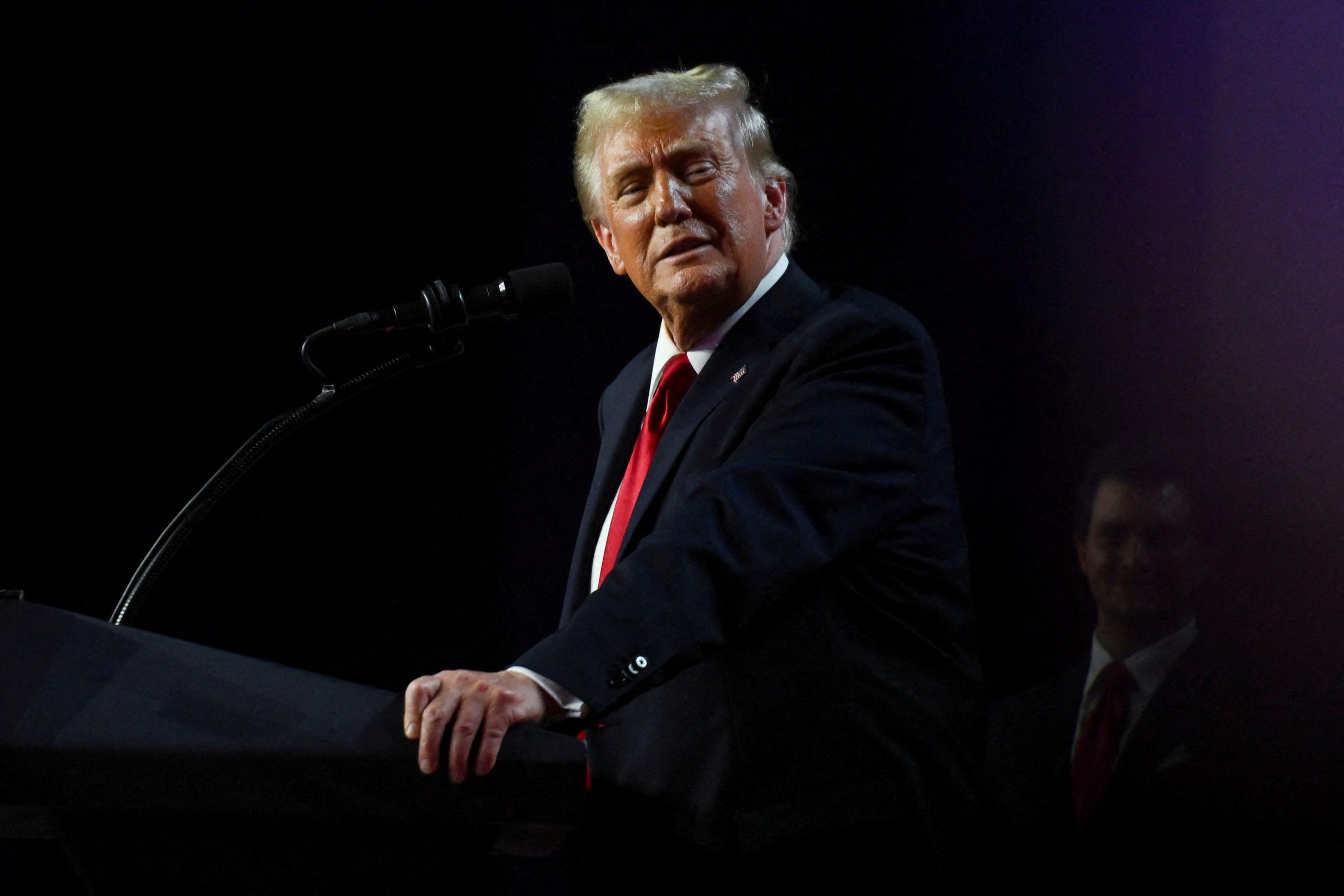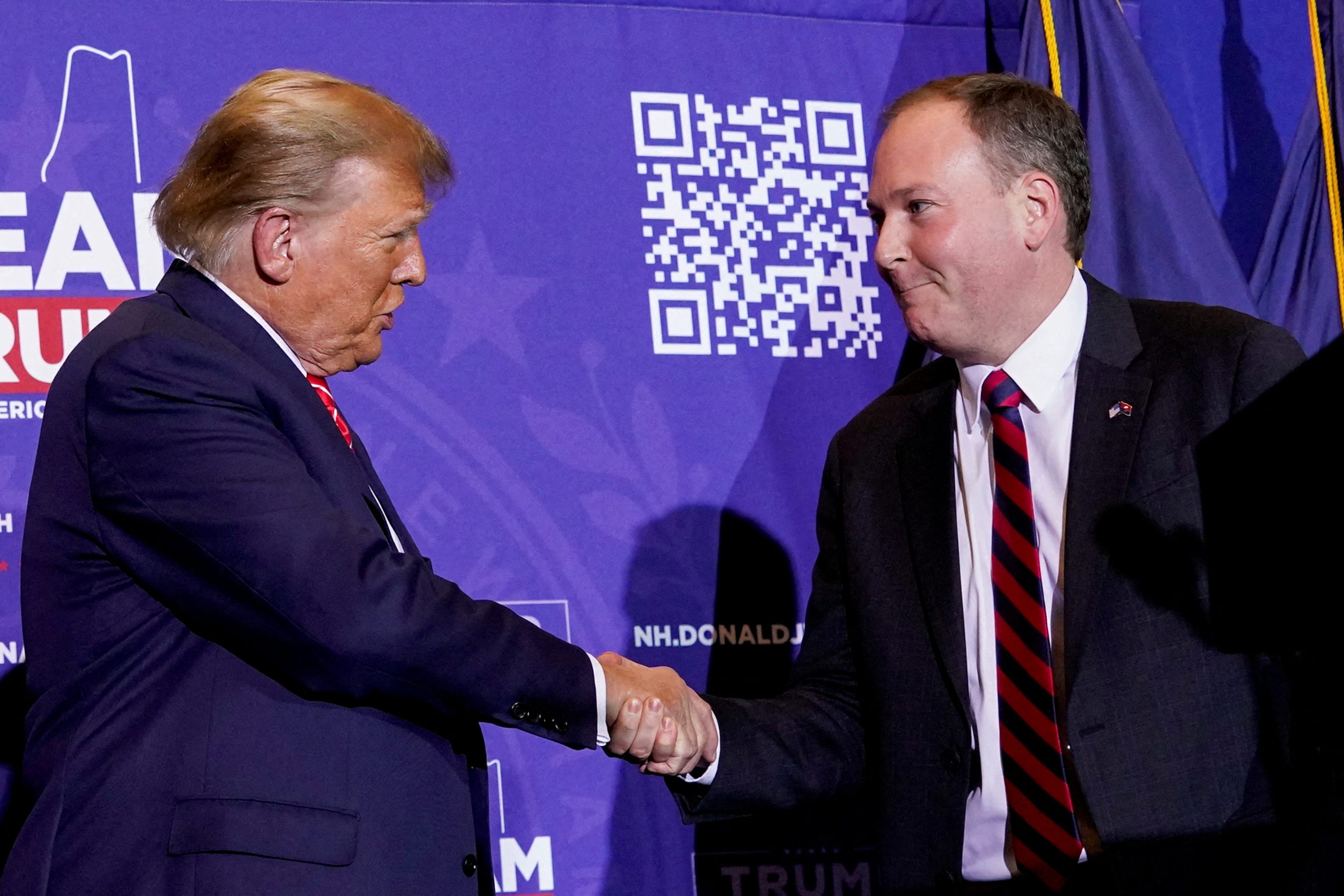A senior advisor to President-elect Donald Trump has stirred controversy by suggesting that Ukraine should reconsider its goals in the ongoing conflict with Russia, stating that Crimea, which Russia annexed in 2014, is “gone.” Bryan Lanza, a prominent Republican strategist, made these remarks during an interview with the BBC on Nov. 9, raising questions about the Trump administration’s stance on Ukraine’s territorial ambitions.
Lanza’s Message to Ukraine: A ‘Realistic Vision for Peace’
Lanza indicated that the Trump administration plans to encourage Ukrainian President Volodymyr Zelensky to adopt a “realistic vision for peace,” implying that reclaiming Crimea may be an impractical aim. “When Zelensky says we will only stop this fighting, there will only be peace once Crimea is returned, we’ve got news for President Zelensky: Crimea is gone,” Lanza stated. His comments reflect a departure from previous U.S. policy, which has largely supported Ukraine’s sovereignty, including its claim to Crimea.
These statements come as Ukraine reiterates its intention to restore its 1991 borders, which include not only Crimea but also the eastern Donbas region, occupied by Russia since 2014. Although Lanza did not mention the Donbas, his remarks signal a potential shift in U.S. support for Ukraine’s territorial aims.
‘On Your Own’ Without U.S. Military Intervention
Despite the United States never deploying troops in Ukraine, Lanza stressed that if Ukraine’s goal is to reclaim Crimea, it will have to pursue this objective independently. He remarked that U.S. soldiers would not be fighting to regain Crimea for Ukraine, underscoring a possible pivot toward limiting American involvement in the region.
These remarks follow Trump’s victory over Kamala Harris in the recent U.S. presidential election, signaling potential changes in the U.S. foreign policy approach to the Ukraine conflict. Trump has consistently voiced skepticism about extensive U.S. involvement abroad and has previously suggested that a more pragmatic approach could be the key to a resolution.
Trump’s Perspective on Peace Talks
In September, Trump hinted at his plans for a peace framework, stating that he would aim to broker a deal between Ukraine and Russia long before his official inauguration on Jan. 20. Standing alongside Zelensky in New York, Trump emphasized his belief in finding a solution that would benefit both nations, although the specifics of this vision remain unclear.
Meanwhile, Russian Deputy Foreign Minister Sergei Ryabkov indicated Russia’s willingness to “listen” to Trump’s proposals. However, Ryabkov emphasized that no easy solutions exist, particularly as Russian forces continue their military campaign and maintain significant resources.
The Future of U.S. Policy Toward Ukraine
Lanza’s statements suggest a potential pivot in U.S. foreign policy that could urge Ukraine to compromise on its territorial aims, specifically regarding Crimea. For Ukraine, which sees the reclamation of its occupied territories as essential to peace, this new stance may introduce complexities in its international relationships. As the conflict intensifies and the Trump administration prepares to take office, Ukraine faces increased uncertainty about the scope of U.S. support in its ongoing struggle against Russian aggression.
















